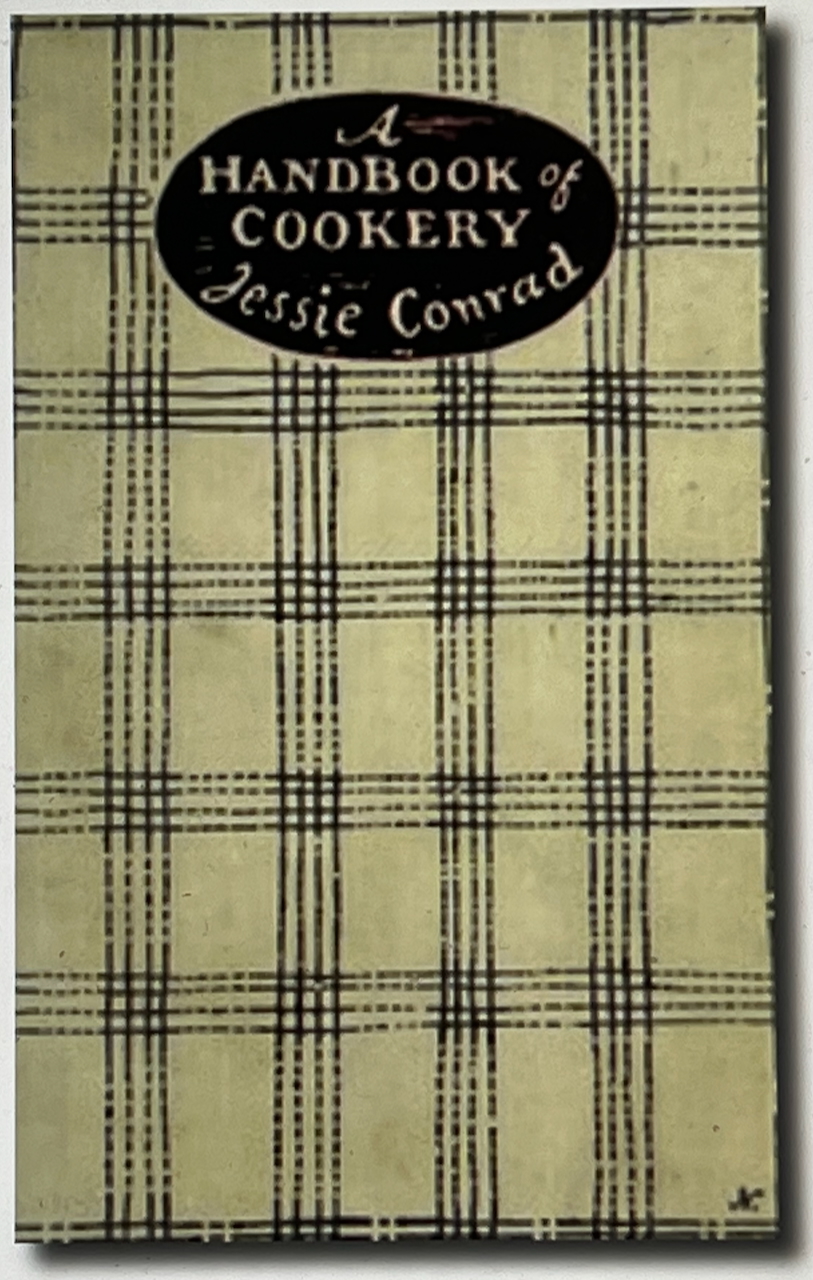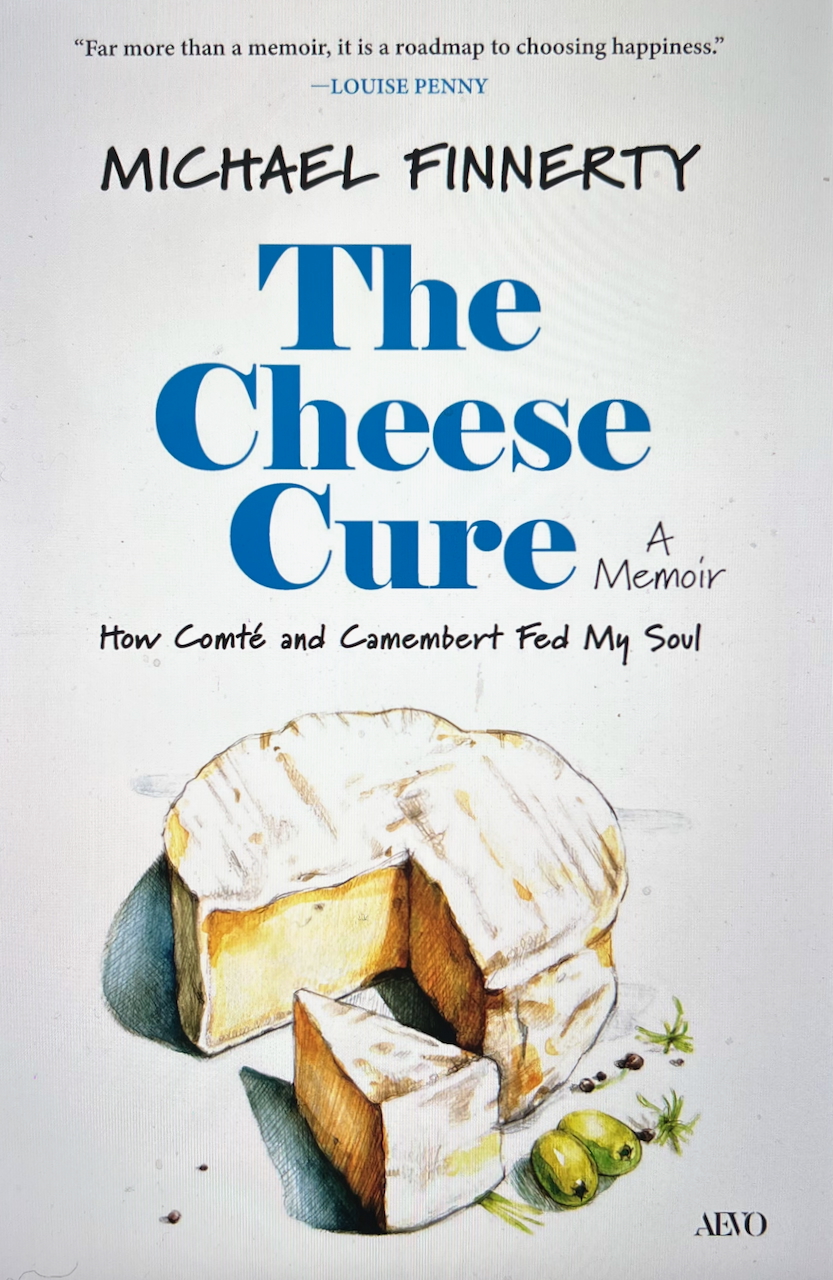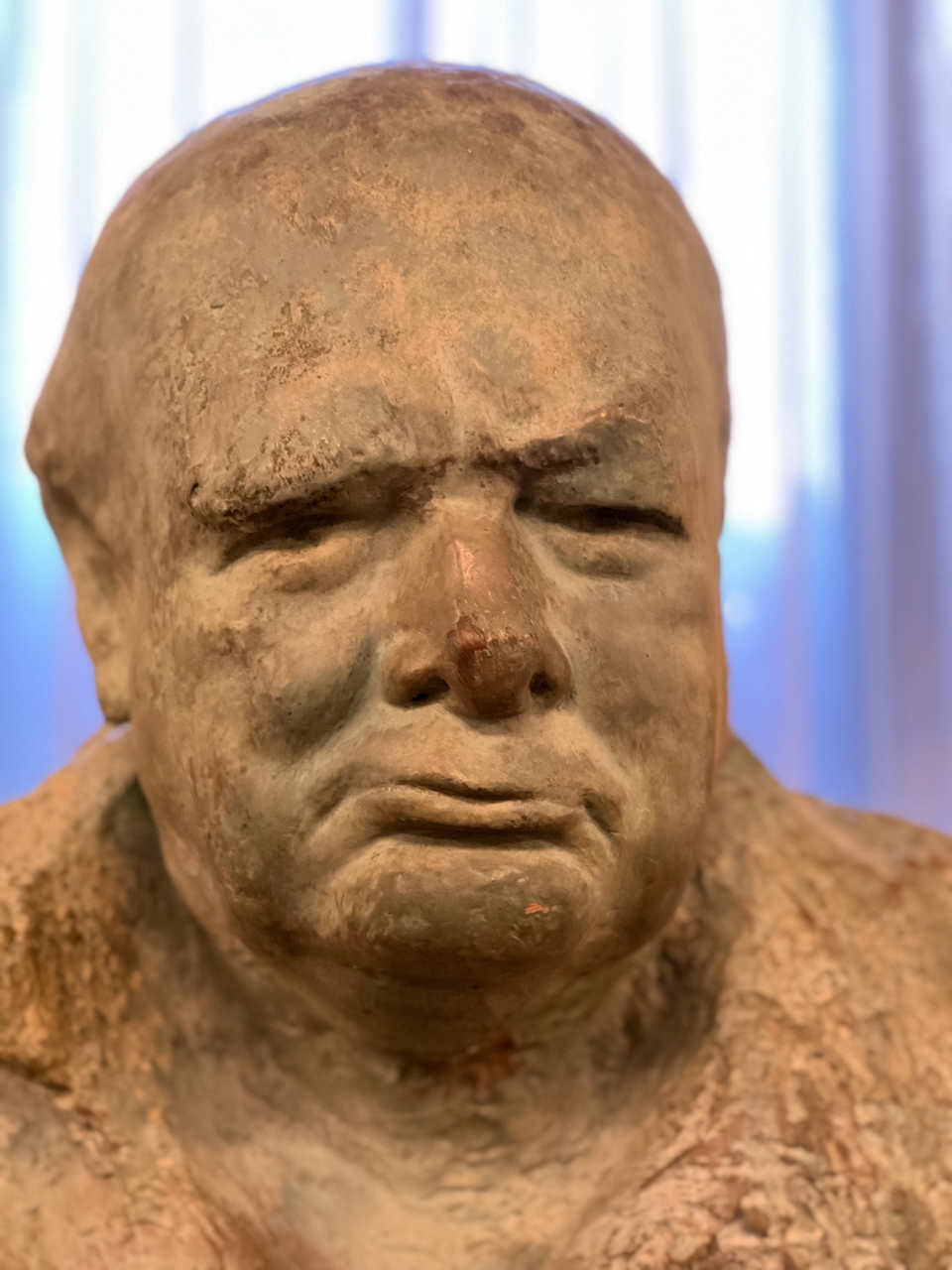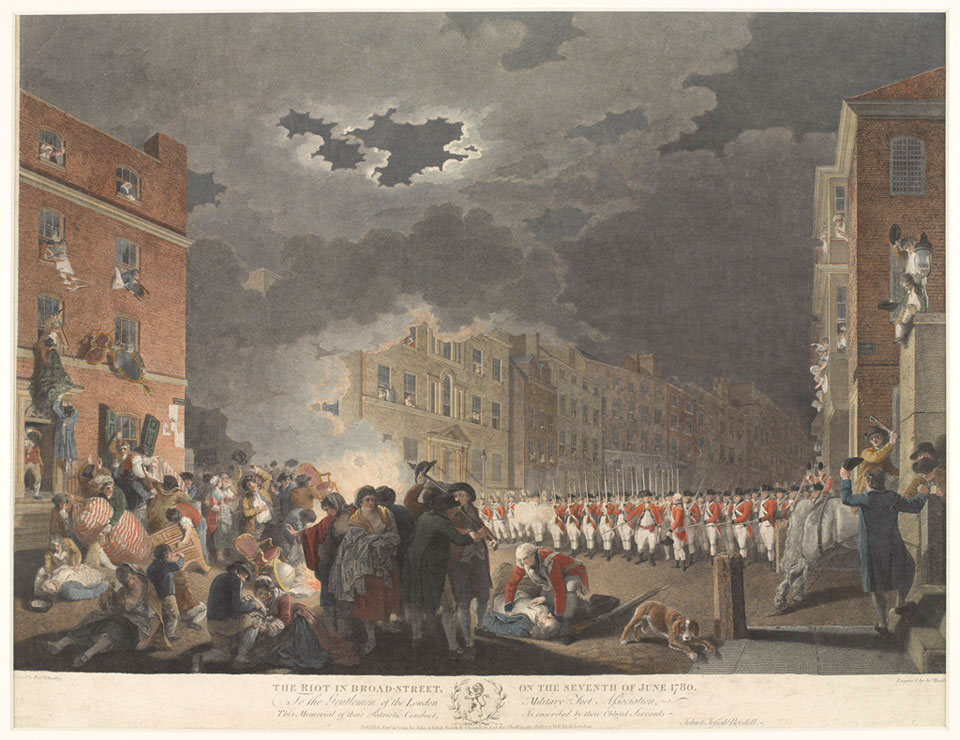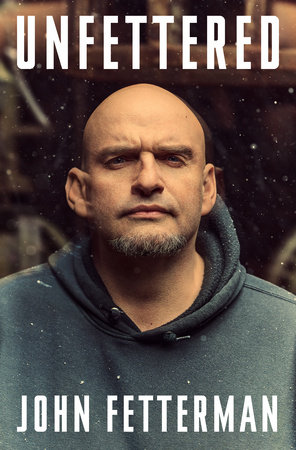Jim Henson: Idea Man a Moving Tribute to a Unique Artist
June 6, 2024

Documentaries on subjects we have known in youth offer nostalgia and the promise of something we did not know back then. Jim Henson: Idea Man (streaming on Disney+) provides both—a celebration of the Muppets and details about their creator that many fans may not have known. The film is directed by Ron Howard and features Muppeteer and director Frank Oz, several of Henson’s children, and members of his ensemble.
There is fun in seeing the origin stories. Rowlf the Dog was made from a basketball cut in two, and Cookie Monster used to have terrible-looking teeth. Kermit was there from the start, made from Henson’s mother’s coat and a ping pong ball. The documentary is good enough that details start to work on you immediately, such as how young Henson “used Kermit to entertain his grandfather as he was dying.” Miss Piggy, Henson says, “covers all her pain [with bravado] ‘cause she knows she’s not talented.”
Henson (and his wife, Jane, the Muppets’ cofounder) had their first real success with an 11:30 pm TV show in Washington, DC. “We never thought of ourselves as being particularly for children,” Henson says and admits the early stuff was “very violent. It was before we even started talking about violence on television.” In one scene, a giant monster with fangs eats proto-Kermit off a wall in a graphic way. In another, one Muppet shoots another (with a voice like Kermit’s) at point-blank range in the head for being a vegetarian in an ad for a meat company.
That is about as shocking as it gets. We have gotten used to retrospectives showing terrible behaviors and scandals, but there is little of that here, other than a marriage troubled by absence, and the implication that Henson was so driven that he may have worked himself to death at 53, a loss for us all.
“He was the strongest man I ever knew,” Oz says. “Both with integrity but also that skinny body. He would just work and work and work and work.” Oz describes him pushing through with walking pneumonia in a freezing Chicago winter.
“Is this a 9-to-5 job?” an interviewer asks Henson early on.
No, he says, it’s an “every-moment-of-one’s-life kind of job.”
Henson is always shown as soft-spoken, gentle, even shy, but direct. One of his daughters calls him a “fragile giant.” Frank Oz says, “Jim created out of innocence. He was a rare, very rare, creature.”
For me, the best of Henson’s work enacts this. Remember that bit where a little girl named Joey sings the ABCs song with Kermit on Sesame Street? To tease Kermit she keeps substituting letters with the name “Cookie Monster.” Kermit/Henson stops the song a couple of times, sounding very fatherly, and finally pretends to walk off.
“I love you,” the little girl calls. Kermit walks back on. “I love you too,” he says, and the little girl gently kisses his head. It is perfect artistry, and because apparently improvised, heartbreaking.
It is also nearly too much to watch Big Bird (Caroll Spinney, fighting tears in the suit) sing Kermit’s anthem, “It’s Not Easy Being Green,” at Henson’s memorial in the Cathedral of St. John the Divine. Big Bird, Henson says earlier in the doc, is a “large silly character…that would represent the child.”
Henson believed himself to be primarily an experimental filmmaker—something Frank Oz repeats—not an educator. “Sesame Street was probably the most unlikely thing in terms of his life plan,” his son Brian says. Henson thought after a year that he had made a big mistake with the show: “He was suddenly America’s favorite preschool entertainer, and that didn’t sit comfortably with him.”
The Muppet Show came later, if you remember, though as an idea it predated Sesame Street. Henson tried and failed to sell it to the networks for years, though Muppet segments appeared in the first season of Saturday Night Live, something I had long forgotten. Henson loved the way SNL was being made, and you get the idea he might have been the Terry Gilliam of the show if things had worked out differently.
In the end, Lord Lew Grade, a British producer with slack studio time in England, backed Henson and gave him apparently total creative control, though the travel and work hours took its toll. Henson developed the show on the idea of the old English music hall, and Grade, who intended to sell it back to the Americans, says, “I had no idea it would be such an extraordinary, phenomenal success.” It would be shown in 100 countries, and “for its day, [was] the most watched television series in history.”
“This kind of success has less peace in it,” his wife, Jane, says at one point. “It’s troublesome in many ways. There’s a lot of work, a lot of separation.”
“Kermit’s function on this show is very much like my own,” Henson says, “in that he’s trying to hold together this group of crazies. And that’s not unlike what I do.”
Henson, always restless, pushed for the first Muppet movie, which “allowed us a whole emotional range,” he says, and then into other TV series and films, often very different from previous Muppet productions.
“When he was at work, he was free,” one of his sons says.
Henson scraped together every possible resource to buy back the rights to all the Muppet properties but eventually sold them to Disney, because he was a Disney World “fanatic,” and “he wanted to get back to not worrying about business as much and having fun,” Oz says.
Over the years his ambitions had included plans for Broadway shows, ballets, theme parks, a disco, and the early use of CGI, with live puppetry.
Frank Oz, who obviously loved Henson and finally breaks down in the documentary, says, “I think what Jim really wanted to do was to sing songs and tell stories, teach children, promote peace, save the planet, celebrate man, and be silly.”
